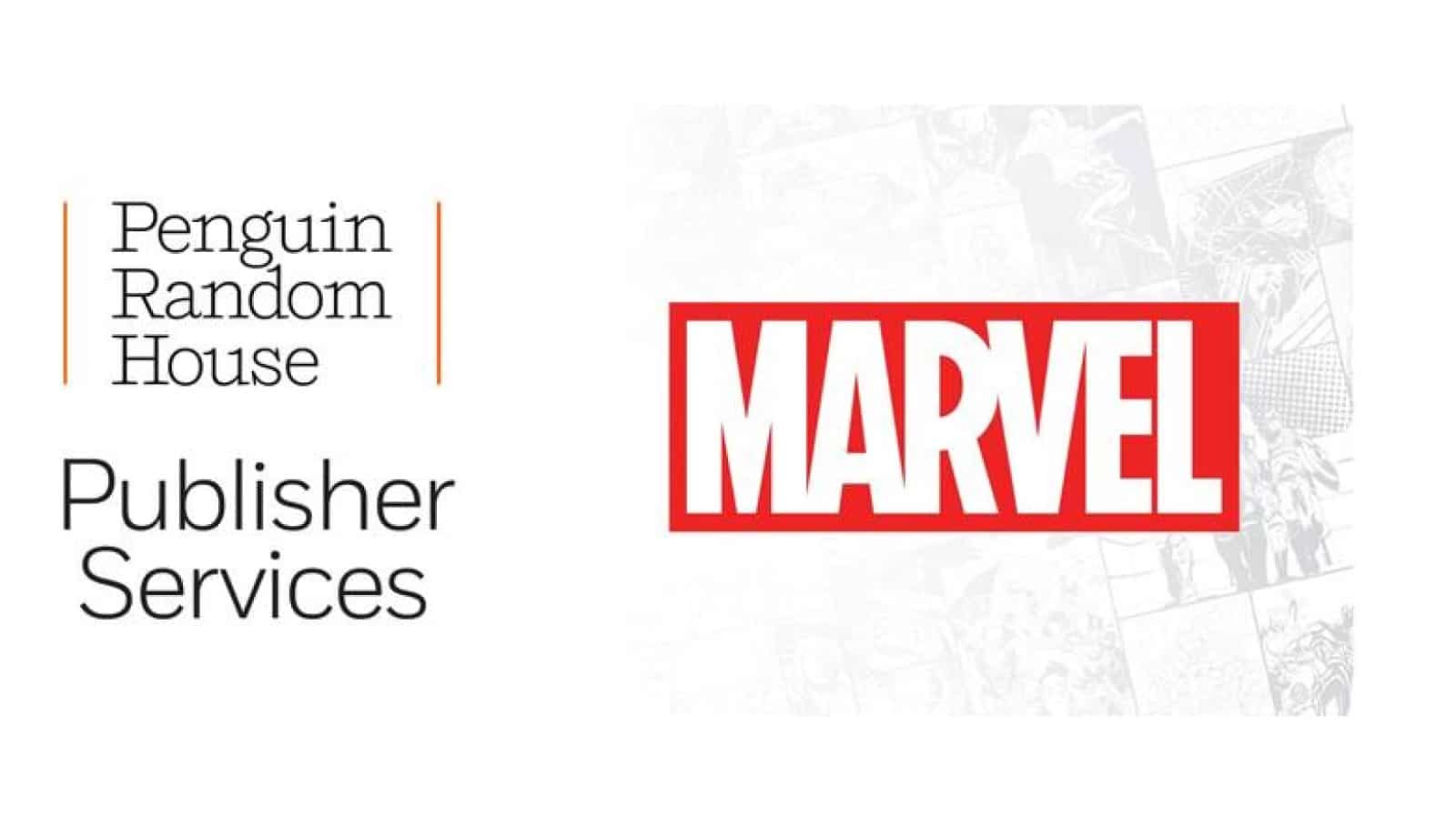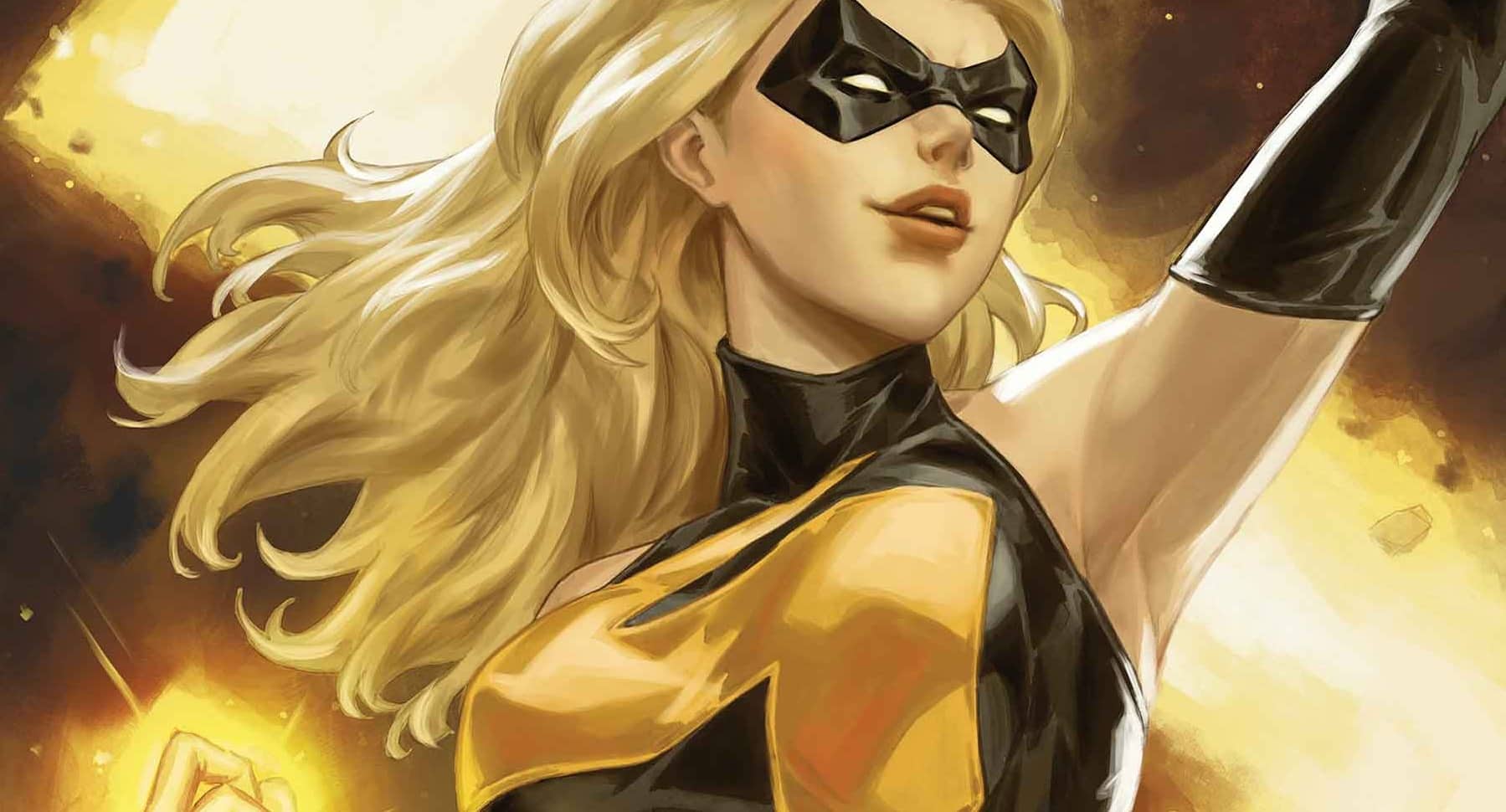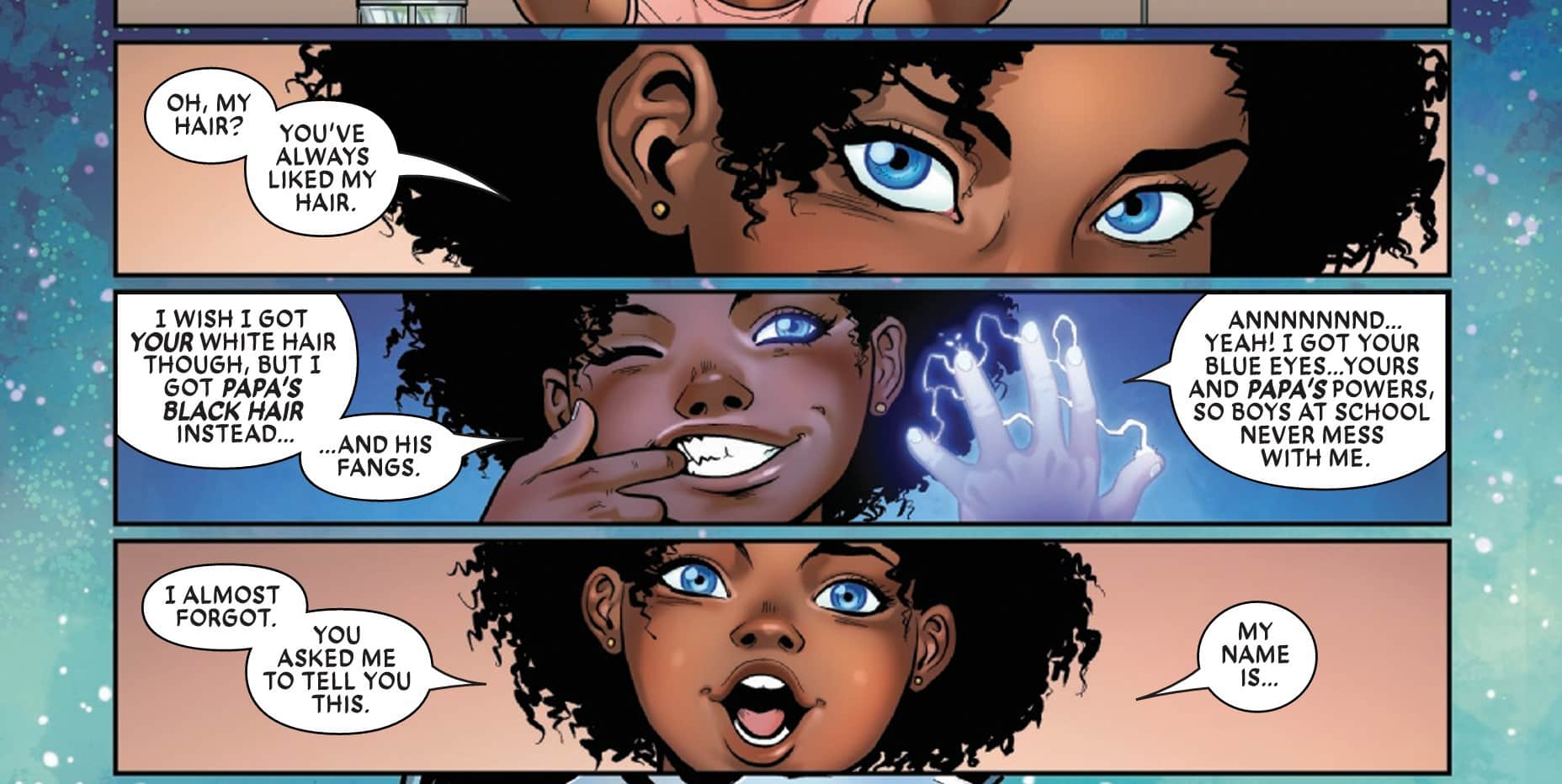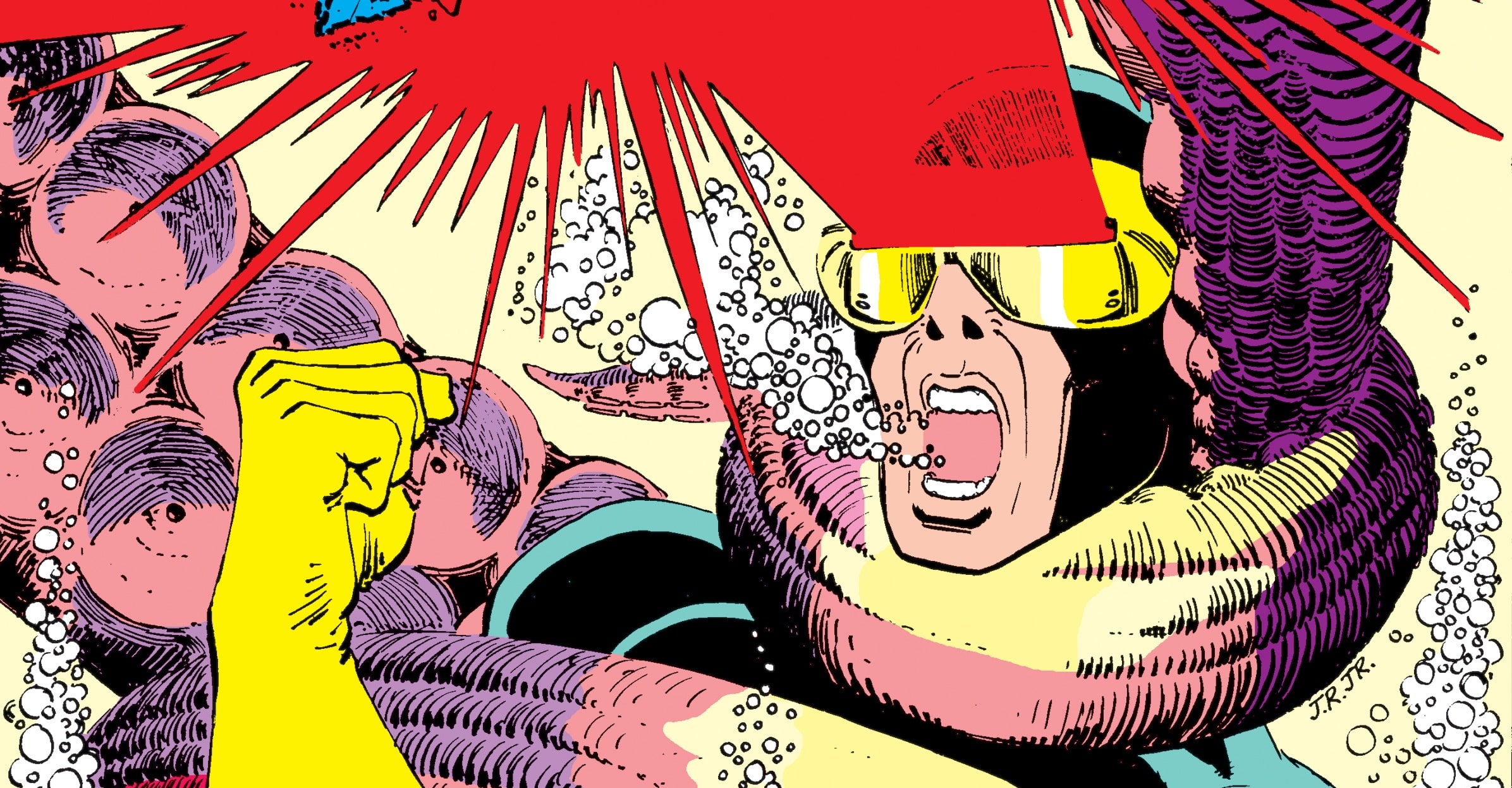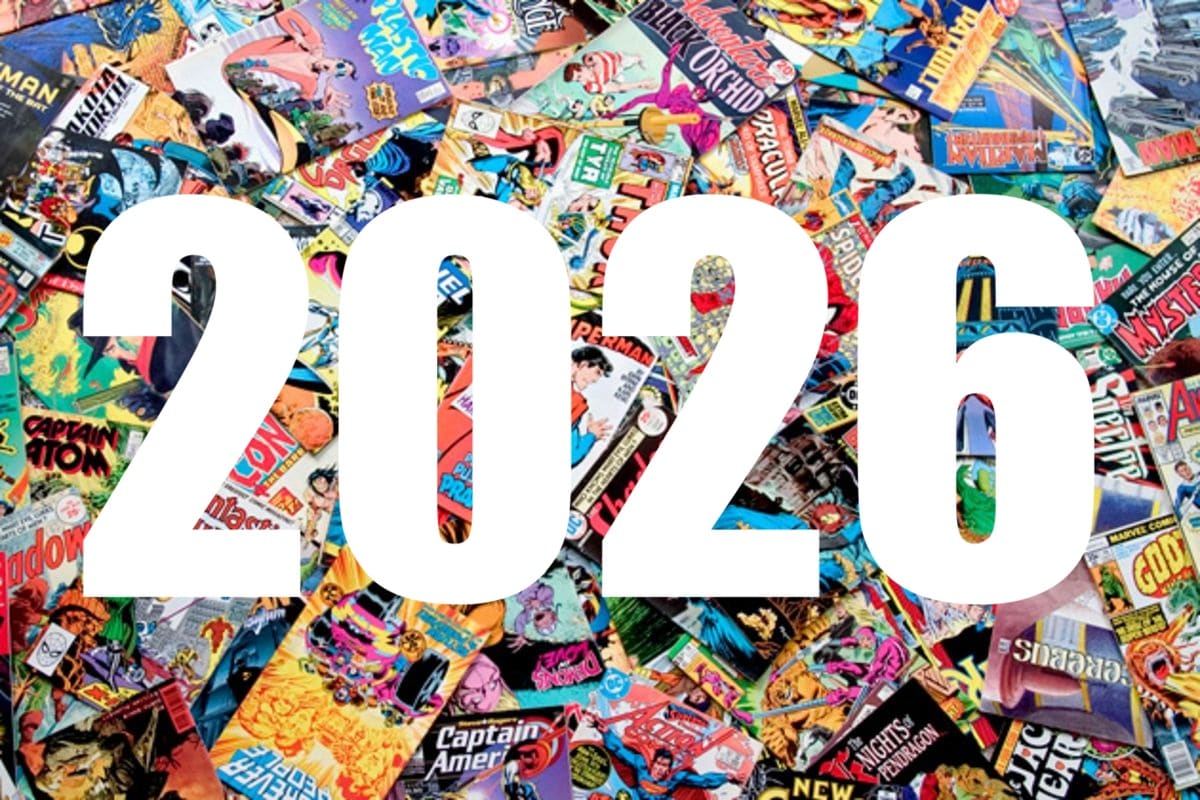The following first appeared in the ComicsXF newsletter. You can get early access to our editorials, a roundup of the week’s best content and get to know the members of the ComicsXFamily by subscribing right here.
As of Oct. 1, Marvel comics and graphic novels are being distributed to comic shops through Penguin Random House, with longtime only-game-in-town Diamond Comic Distributors relegated to the role of subcontracted wholesaler. This caps a nearly two-year period that has arguably rewritten the map for comics distribution, dating to the two-month, coronavirus-forced shutdown of Diamond in spring 2020.
DC initiated the move away from Diamond, working with two retail partners to create two new distributors, Lunar and UCS, out of whole cloth in April 2020. DC later that year left UCS and went exclusive with Lunar, a subsidiary of Discount Comic Book Services, or DCBS.
Since then, various smaller publishers have explored multi-distributor relationships as a means to hedge their bets. For example, Lunar now also distributes comics from Scout, AHOY and Z2.
IDW, comics’ #5 publisher by market share according to ICv2, most recently announced an exclusive distribution deal with Penguin Random House, which was already distributing the publisher’s graphic novels to bookstores. That deal takes effect in June 2022. As is the case with Marvel, Diamond will act as a subcontracted wholesaler, working with PRH to fulfill orders.
All told, we appear to be looking at the largest shift in distribution since the collapse of Heroes World in 1997, an act that sent Marvel into bankruptcy and solidified Diamond as comics’ sole major distributor for more than two decades.
Of course, the ultimate question is what does any of this mean to you, Joe Comics Fan? Will your books still come on time?
“If it’s working, it shouldn’t mean much of anything, because ‘working’ would mean there are no delays, no interruptions, no damages and no situations where shops can’t get reorders,” John Jackson Miller, who studies comic industry trends and sales for his site Comichron, told ComicsXF.
In fact, the service may even be better.
Since his store began ordering from PRH a few months ago, “we have gotten everything we have ordered at least a few days before the release date, unlike Diamond where we get the products the day before,” said Gregg Mester, co-owner of Level Up Entertainment, which has comic shops in Mays Landing and Somers Point, New Jersey. While they won’t start receiving single issues from PRH until next week, when it comes to other products, Mester said, so far, so good: PRH has been quick to respond to emails; the ordering system, while different from Diamond’s, was not insurmountable to learn; and the terms have been more favorable.
Which isn’t to say there hasn’t been doomsaying among the louder corners of comics retail. Both Mester and Miller acknowledged that PRH’s flat-discount system means stores that deal in larger volumes likely won’t see the same sweetheart deals they’d enjoyed for years under Diamond, while smaller stores might see a little boost. This could encourage smaller stores in underserved markets to take a chance on lesser known titles, thereby helping smaller publishers.
That said, is Diamond’s wholesaler status — and its other distribution deals for books, Funko POPs and other pop culture ephemera — enough to keep it alive enough to support the remaining publishers who are still exclusive through Diamond? Do Image, Dark Horse, Dynamite, BOOM Studios and the rest stay put or start sniffing at PRH or Lunar deals of their own? And what would happen if Diamond files for bankruptcy before those smaller publishers can find new distributors?
(For the record, while this would affect distribution to comic shops, distribution of collected editions to bookstores would likely remain fine. Image, for example, is Diamond-exclusive to comic shops but distributes books through Diamond Book Distributors as well as wholesalers Baker & Taylor, Bookazine, Ingram and Lake-Cook. So in this hypothetical crisis, you could easily get Spawn Compendium Vol. 1 but not, say, King Spawn #5.)
Either way, the majority of your comics will be coming to you from a larger company with the infrastructure to handle demand and pivot in the face of global catastrophe, unlike when a certain Baltimore Orioles minority owner single-handedly shut down the industry for two months in 2020. The funny thing is during that period, many comics retailers said they were actually happy to obey state stay-at-home orders because it would cut down on overhead during a time when they weren’t getting new product in. Many ended up stepping up their online-sales game in the process, capitalizing on what would become a wave of speculator-driven back issue sales.
And the simple fact of having more distributors means shops have more ways of getting comics if one of those distributors should fail.
Tracking sales from all these different distributors may be difficult, but Miller said we’ve been here before.
“With Marvel and Diamond, we will be in good shape so long as the Diamond sales charts, which restarted in June, keep coming out,” Miller said. “We will be able to see in October exactly the portion of Diamond’s Marvel business went to PRH — and so while we hope that PRH will do as they initially said in their debut announcement and make some sales reporting available, we will nevertheless be able to reverse-engineer the overall from Diamond’s share.”
With Lunar, Comichron has been using a sample of retailer orders to figure out where DC’s orders are relative to Diamond’s, Miller said.
Nevertheless, “It remains in publishers’ and distributors’ interest to have data out there, as detailed reporting is required for retailers to order efficiently, and for consumers to protect themselves in the aftermarket,” Miller said. “The early 1990s boom and crash was fueled in part by collectors not really knowing whether items were truly scarce.”
No matter what happens, we know where the floor is in terms of expectations.
“You have to go back to Heroes World, Marvel’s exclusive distributor for 21 months in 1995-97, to find a case where the retail reaction was universally negative,” Miller said.
Dan Grote is the editor and publisher of ComicsXF, having won the site by ritual combat. By day, he’s a newspaper editor, and by night, he’s … also an editor. He co-hosts The ComicsXF Interview Podcast with Matt Lazorwitz. He lives in New Jersey with his wife, two kids and two miniature dachshunds, and his third, fictional son, Peter Paul Winston Wisdom. Follow him @danielpgrote.bsky.social.

